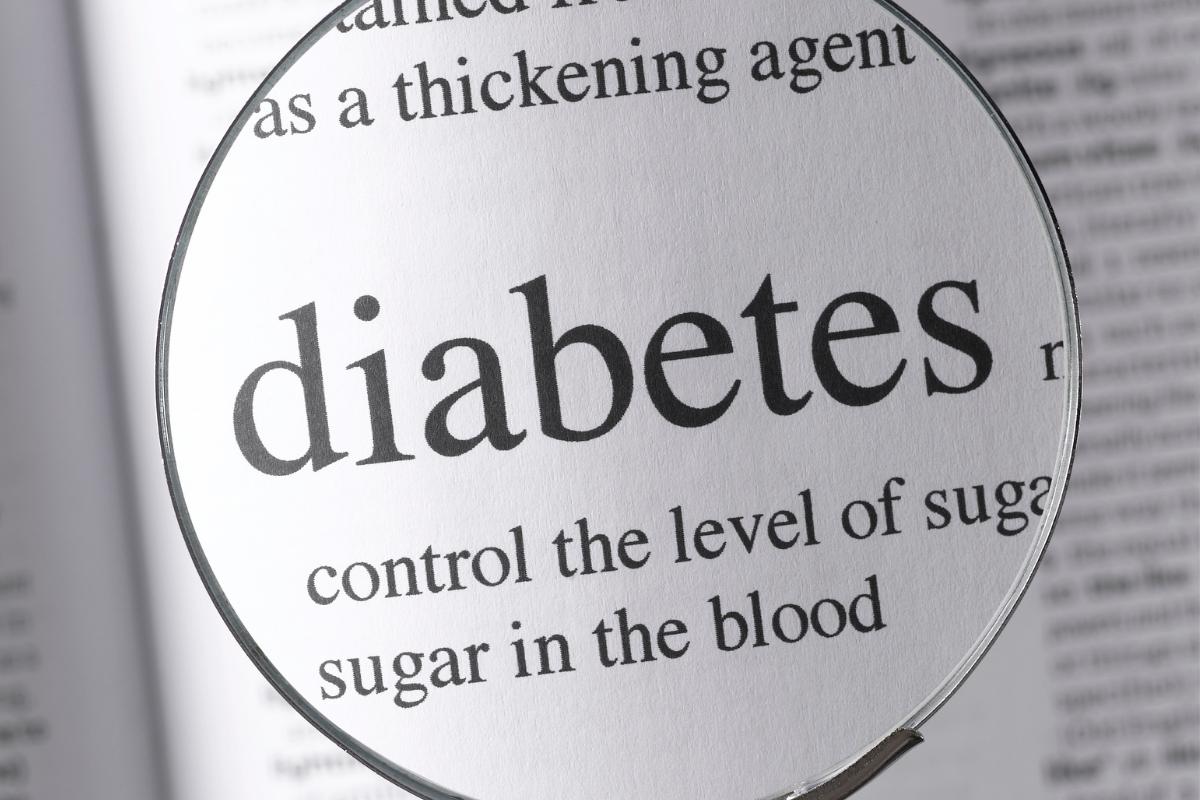Authors: Hessler, D., Fisher, L., Strycker, LA., Arean, PA., Bowyer, V.
Abstract
Aims: Diabetes regimen distress (RD) and depression are related constructs, however the nature of their relationship has not been explored over time, leading to difficulties differentiating between RD and depression and for selection of programs of care. We examined longitudinal associations between RD and depression to explicate the direction and mechanism of operation between these two constructs.
Methods: 392 adults with type 2 diabetes participated in a randomized control trial (RCT) to reduce diabetes distress. Participants were assessed for RD and depression symptoms, using the PHQ-8, at baseline, and at 4 and 12 months. Latent growth curve models tested both predictive unidirectional and bidirectional longitudinal associations between changes in RD and depression.
Results: Changes in RD did not significantly predict changes in PHQ-8, nor did changes in PHQ-8 predict changes in RD. A significant bidirectional association was found (Coefficient Estimate=.081, p=.001), where decreases in RD were associated with decreases in PHQ-8. The association was strongest among those with high baseline RD or PHQ-8 scores.
Conclusions: In the context of an RCT to reduce distress, support was found for a covarying association, in which changes in RD and depression symptoms occurred in tandem over time. No support was found for a causative association. Findings point to RD and depression containing properties that may be related to a shared underlying dimension of emotional distress. Results suggest consideration of both RD and depression in clinical decision making, with interventions selected based on source of distress.



